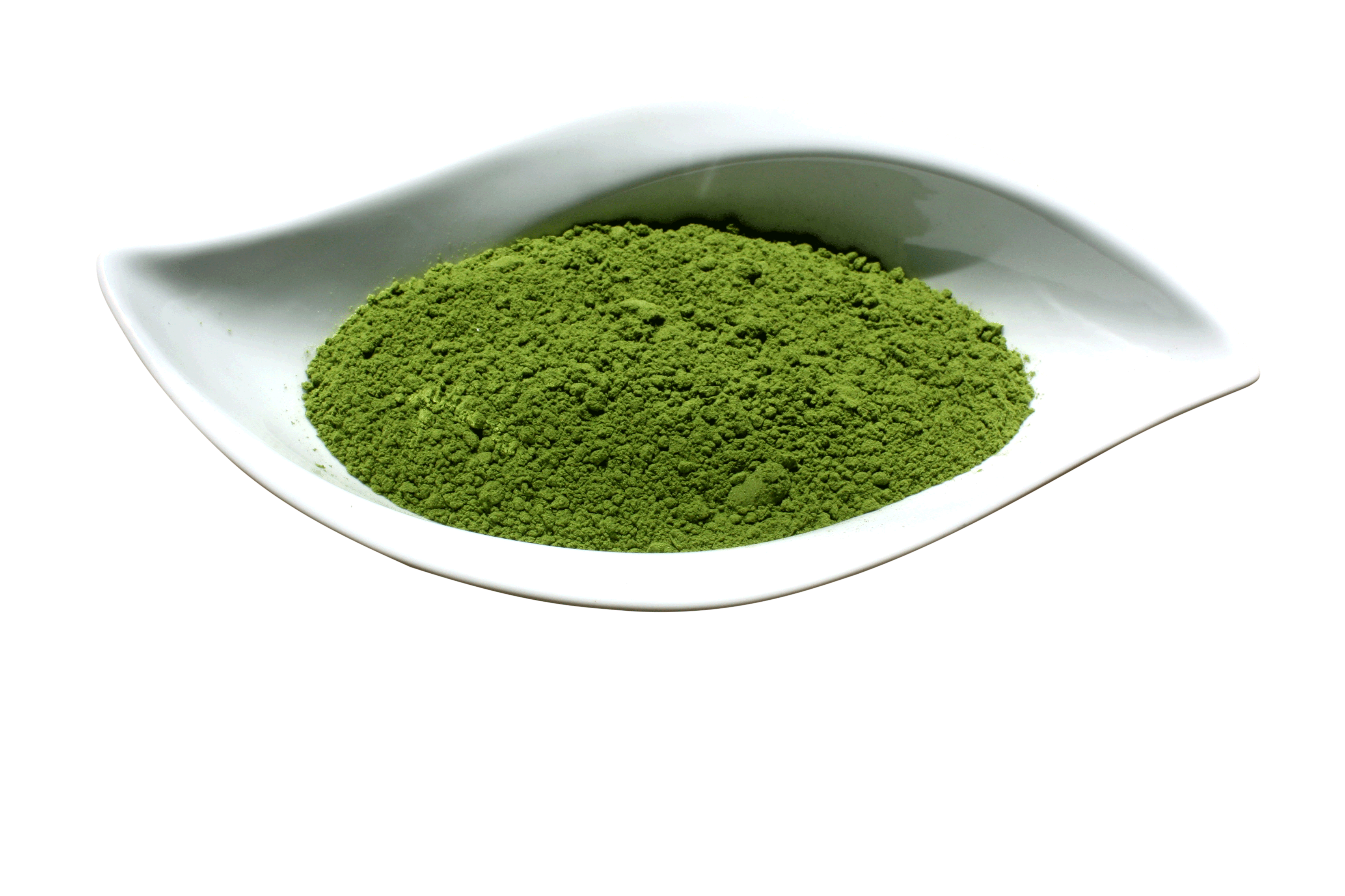Moringa spread east from India to China, Asia, west to Egypt, Horn of Africa, around the Mediterranean and the West Indies. There has been evidence of its use from 2000 BC as it was highly valued by the Greeks, Romans and Egyptians alike. The oil, made from the seed, was used as a skin protection against the sun, carrier oil for perfumes and medicines. The seeds were also used for water purification.
A tomb dated from the 18th dynasty (1550-1292BC) in Egypt was found to contain 10 jars of ‘Sweet Moringa oil’ thought to have been used in the funeral procession of Maya (KV63).
In Qasr Ibrim, once a major city in what is now Lake Nasser, traces of Moringa Peregrina fruits were found to be present as early as 7th century BC (Clapham A.J and P.A Rowley-Conwy 007 New discoveries at Qasr Ibrim Lower Nubia). Although Moringa Peregrina was thought to be different to Moringa Oleifera in Species Plant arum by Linnaeus in 1753 it is suggested they are one and the same.
Fourth century BC evidence shows that a base oil made from the seed nut of the Moringa was highly coveted as it was less viscous and very receptive to absorbing scent and its origin was the Syrian and Egyptian deserts.
References in the Bible have also been claimed to pertain to the Moringa tree.
When Moses led the fleeing Israelites to the village of Marah they couldn’t drink the water as it was bitter and when Moses asked God what should be done, God showed Moses a tree,
‘Which when he had cast into the waters the waters were made sweet’. –Exodus 15; 25
Studies carried out since the 1970’s consistently show crushed Moringa seeds are effective in removing suspended particles with medium to high levels of turbidity (muddiness or dirtiness) from water.
A second reference in the Bible,
‘And he showed me a pure river. In the midst of the street of it, and on the other side of the river was there a tree of life which bare twelve manners of fruit every month and the leaves of the tree were for the healing of the nations and there shall be no more curse’. Revelations 22; 1-2-3
There is also mention of a tree in the Qur’an which has sometimes been thought of like the olive tree but modern thinking goes more towards the Moringa as the seeds contain 40% oil where the olive only 20%.
‘And a tree that springs forth from Mount Sinai, that grows oil and relish for the eaters.’ – Sirah 3 Al-Mu’minun pert 18; 20
Lise Manniche in ‘An Ancient Egyptian Herbal’ gives recipes that were used by the ancient Egyptians. It would appear that Moringa oil was used as a carrier oil which would be mixed with various other ingredients for medicinal purposes. For example:
Maladies of the stomach – Moringa oil, honey, frankincense, the wine which would be boiled from a paste and eaten.
Cramp – Moringa oil, barley flour, ox fat, boiled and eaten.
Sore gums – Moringa oil, gum, fig, ochre and water rubbed onto gums.
Maladies of the head – Moringa oil, castor oil seeds, fat, made into a poultice and placed on the head.
Poultice for stopping bleeding – Moringa oil, wax, fat, honey, carob pulp, and boiled barley.
Earache – Moringa oil, cucumber, ochre.
Wrinkles – Moringa oil, frankincense gum, wax, cypress grass ground finely with fermented plant juice and applied daily.
Moringa oil was used on a daily basis as a mosquito repellent.
Finally although not in Egypt a story about the only time Alexander the Great was beaten in battle. In India 326 BC, over a two year period and around sixty battles he was defeated by the Maurian. It was recorded that they fed on a liquid Moringa diet that gave them almost superhuman strength as they needed little sleep and they never got sick and their wounds healed rapidly and in the end, they wore Alexander’s army out.

